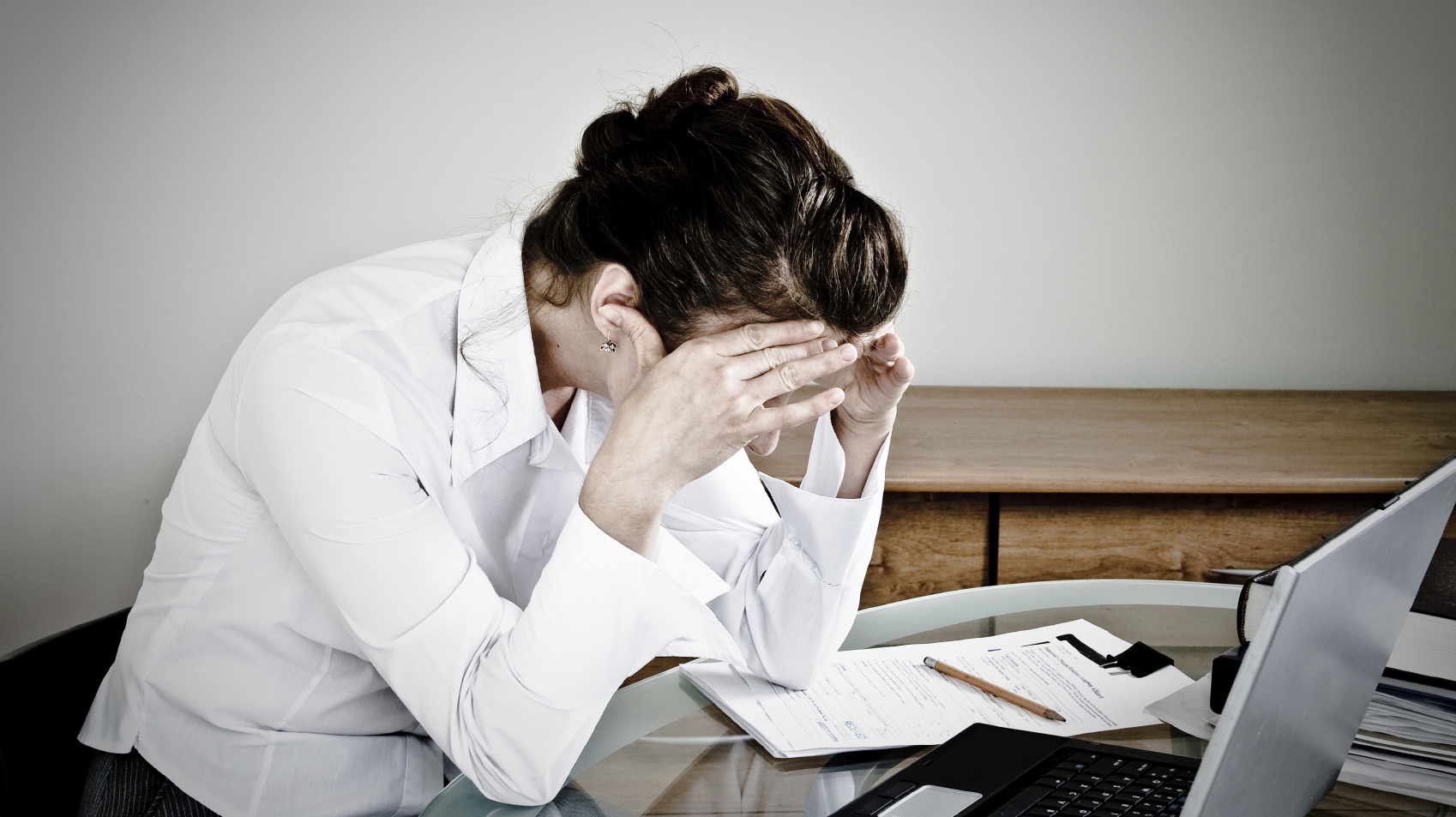Treating PMS Symptoms

Pre-menstrual symptoms, otherwise known as PMS, is that lovely time that indicates your period is on its way. Although your period can provide insights on your feminine health, you may not exactly want to welcome its symptoms with open arms. Luckily, we’re here to discuss the common PMS symptoms women experience, why they happen, and what you can do about them.
Acne Breakouts
Menstrual breakouts are a little bit different than regular breakouts. Typically, they are present on the chin and jawline, and can also appear on other areas of the body such as the chest and back. The reason your cycle sparks these types of breakouts is because of a change in your hormonal balance. When you get your period, your estrogen and progesterone levels will decrease, while your androgen levels increase. This can stimulate your body’s sebum production, which is an oil in the skin. This results in clogged pores and acne breakouts.
As your period ends, your breakouts will begin to clear up as your hormone levels balance back to normal. Still, if you want to prevent breakouts from happening, there are a few simple tips you can try. First, be sure to stay consistent with a skin-care routine both in the morning and at night. Then, start adding in acne treatment products a few times a week, such as a spot treatment or benzoyl peroxide face wash. From there, you should also be diligent about not touching your face, changing your pillowcases, and cleaning your makeup tools regularly.
Abdominal Cramps
Abdominal cramps can occur on the days leading up to your menstrual cycle and may last for several days once it’s over. For some of you, these can be minor aches and discomfort, while for others, it may be extremely painful, leaving you curled up in bed for the week. The underlying reason abdominal cramps happen is uterine contractions. Your uterus contracts to shed its lining, indicating that you are, in fact, not pregnant.
However, if your cramps are unbearable, there are a few things to keep in mind. First and foremost, take a look at your diet. You may not be getting enough potassium, which can worsen cramping in the body. In addition, limit your caffeine consumption as it can upset your stomach and cause excess bloating. Although you don’t need to cut out caffeine entirely, limiting your intake will help immensely. Lastly, exercising during your period can also help to alleviate cramps.
Migraines
Menstrual migraines are common in roughly 50 percent of women. This is due to the significant drop in your estrogen levels that happens during your period. As estrogen decreases, your serotonin levels drop as well. This interrelation of estrogen and serotonin can lead to migraines in people, especially for those who are already prone to them.
Although it is difficult to prevent migraines entirely, there are a few precautions you can take to treat or limit your likeliness to get one. The most natural way to do so is by incorporating more magnesium-rich foods or supplements each day. Studies have proven magnesium to aid in preventing migraines, if taken regularly. Another natural method some people use is acupuncture, which is when thin needles are inserted into certain points of the body. Furthermore, if they’re severe, there are prescription medications to treat migraines as well.
Mood Swings
Common emotional symptoms of your period include a change in mood, irritability, anxiety, and sometimes even depression. If you catch yourself reacting more intensely to situations or you feel crankier than normal, hormonal fluctuations are to blame. So if you find yourself crying for no reason or snapping at the stranger next to you, it’s not just you, it’s your hormones.
You may not always be able to keep your mood from turning, but there are a few ways to help. Exercise is a great way to naturally boost your endorphins, which are those feel-good chemicals in your brain. Or, if you’re feeling more stressed during this time, you can implement relaxation techniques such as meditation, yoga or deep breathing. Lastly, in some cases, hormonal birth control methods can regulate your mood throughout your cycle.
Feeling Dizzy
Particularly heavy menstrual cycles can lead to iron-deficiency anemia. This happens when your body doesn’t have enough iron, which commonly occurs after blood loss. Your body needs iron in order to create hemoglobin for oxygen circulation in the blood. If your period brings waves of dizziness, weakness or extreme exhaustion, you may be experiencing iron-deficiency anemia.
The only way to determine if this is the case is by getting your blood tested at the doctors. Depending on your results, they may suggest that you add iron-rich foods to your diet or try taking an iron supplement. It’s also crucial to discuss with a doctor if you feel you’re losing more blood than what’s normal during your period.
Trouble Sleeping
During your period, your internal body temperature rises between a half and a whole degree. This can disrupt a proper night’s rest as cooler temperatures prepare your body to become tired. The discomfort your period brings may also cause you to fall short on your hours of sleep. Cramps, headaches, or bloating can make it challenging to fall or stay asleep. In other cases, however, your cycle may cause insomnia due to changes in hormonal levels.
To prepare for a restful night’s sleep, start by lowering your thermostat to low to mid-sixties. To take it one step further, try adjusting your sleeping position, adding or removing pillows and using a heating pad. Finally, avoid caffeine for several hours before bed and adjust your sleep schedule to maintain a regular bedtime.






